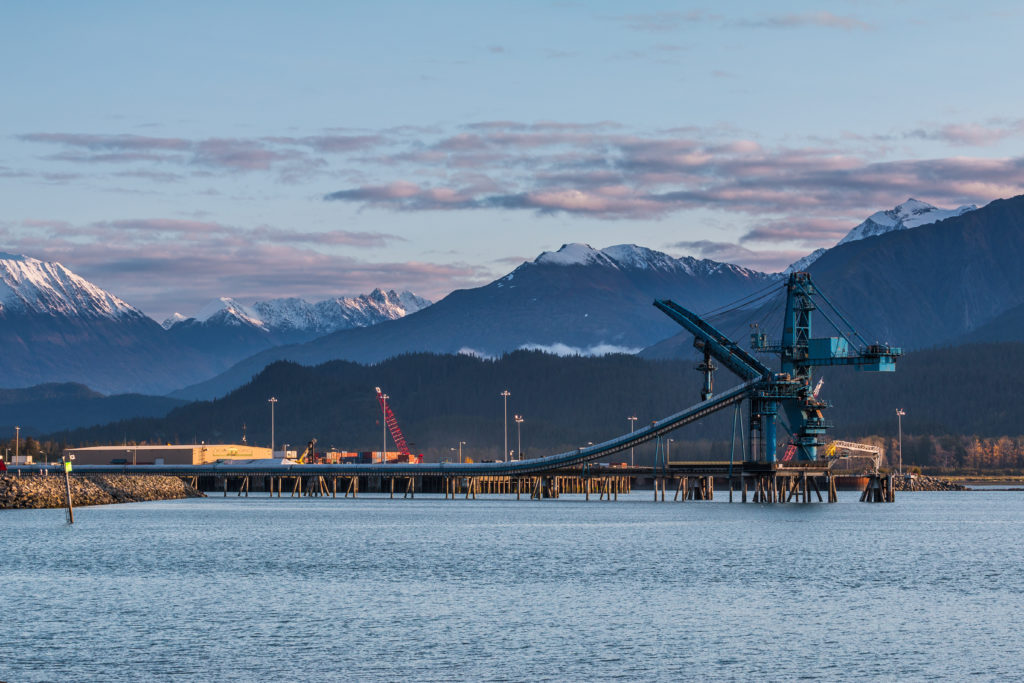European insurers are underwriting 30% of US coal, study says

Some of Europe’s biggest insurers are underwriting close to a third of the coal production that takes place in the US, even after pledging to target net zero emissions, according to a report by climate campaign group Insure Our Future.
Coal is the world’s biggest emitter of carbon dioxide and needs to be urgently phased out if global heating is to be limited to the critical threshold of 1.5C, the International Energy Agency has said. For that reason, coal is widely excluded from investment portfolios, and many banks have placed significant restrictions on lending to avoid it. Even so, global coal production soared last year amid an energy crisis fanned by the war in Ukraine.
The US is the world’s fourth-largest coal producer. According to the study, 30% of that production was underwritten by major insurers in Europe in 2022. In order to reach the 1.5C goal, emissions from coal combustion need to fall by 49% by 2025, 79% by 2030, and 100% by 2050, from 2019 levels, the report said.
Insure Our Future, which represents 24 non-governmental organizations and social movements from 14 countries, said it based its study on public record requests for insurance certificates.
The Insure Our Future report singled out Lloyd’s of London Ltd., Swiss Re AG and Zurich Insurance Group AG. Lloyd’s of London, as the second-biggest provider of coal underwriting after American International Group Inc., insures 10 mines producing 22.8% of US coal output. Zurich insures two mines producing 4.9% of US output, while Swiss Re insures one mine producing 3% of output, according to the report.
A spokesperson for Swiss Re said by email that the insurer “fully adheres to its thermal coal policy and remains firmly committed to achieving a total phase out of thermal coal related re/insurance in OECD countries by 2030 and in the rest of the world by 2040. In this transition to a net zero economy, engaging with stakeholders is essential for the world and our business.”
A spokesperson for Zurich Insurance Group said the company is “committed to achieving net zero by 2050, and we continue to focus on supporting our customers navigate their transition.”
A spokesperson for Lloyd’s of London declined to comment.
(By Gautam Naik and Alastair Marsh, with assistance from Natasha White)
{{ commodity.name }}
{{ post.title }}
{{ post.date }}




Comments